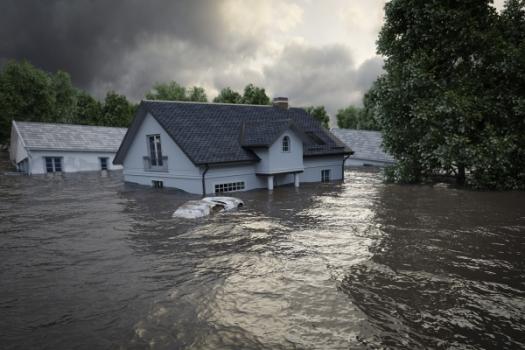
Government delays had arguably pushed the contractor’s performance into a period of worse seasonal adverse weather than it would have faced under the original schedule.
Picture this: A contractor is nearly finished with a major dam stabilization project, but a series of Owner-directed changes pushes the last phase of the work into late fall and early winter. Instead of working through the relatively dry conditions expected in the original schedule, the contractor is suddenly battling weeks of rain and freezing temperatures. Crews are slowed, costs increase, and productivity suffers.
That’s exactly what occurred in the recent decision of Thalle Construction Co., ASBCA Nos. 63685, 63721, 63734 (Aug. 13, 2025). In that case, the Armed Services Board of Contract Appeals recognized that government delays had arguably pushed the contractor’s performance into a period of worse seasonal adverse weather than it would have faced under the original schedule. The Board distinguished between two types of weather:
- Seasonal adverse weather: Normal, recurring patterns like rainy seasons or winter freezes, which are foreseeable and must be built into a contractor’s plan. If government delay extends performance into these months, the contractor may recover additional time and compensation.
- Unusually severe weather: Extraordinary, unforeseeable events such as record-breaking storms or extreme floods. Under standard clauses, this type of weather typically entitles the contractor to time only (excusable delay), not money.
Mr. DeVries may be contacted at mdevries@buchalter.com